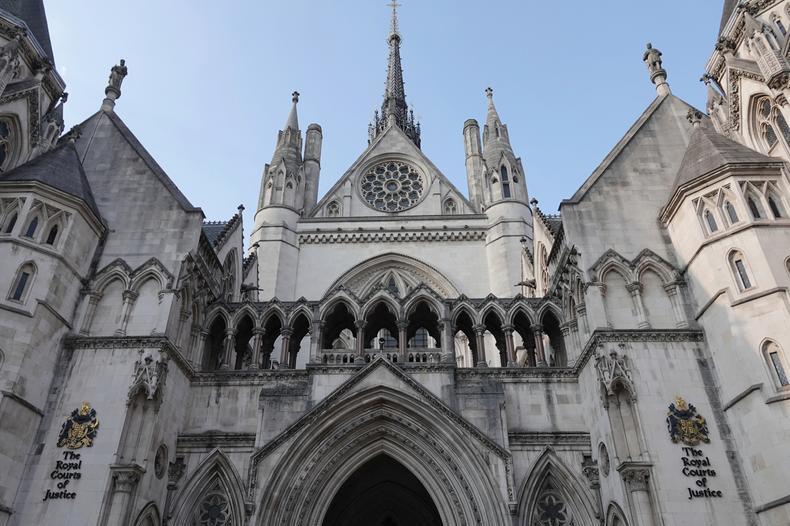Court of Appeal provides clarification on law of statutory acquiescence
The judgment was passed in late 2023 in Industrial Cleaning Equipment (Southampton) Ltd v Intelligent Cleaning Equipment Holdings Co Ltd & Anor [2023].

The judgment has clarified the law of statutory acquiescence and in doing so, has departed from one of the primary CJEU authorities.
Under s.48 Trade Marks Act 1994 and the corresponding provisions of the EUTM Directive and Regulation, the proprietor of an earlier trade mark or other earlier right cannot oppose the use of a later registered mark or apply to have it declared invalid (assuming the registration was not applied for in bad faith) if it “acquiesced” to the use of that mark for a continuous period of 5 years while being aware of that use.
There are 2 key points arising from the judgment:
- Must the proprietor of the earlier trade mark be aware of the registration of the later trade mark in order for the 5 year period to start running? (Arnold LJ at [21-89]).
- Can statutory acquiescence be a bar to a claim for passing off? (Arnold LJ at [110-116]).
On the first point, Arnold LJ held, departing from the CJEU’s judgment in Case C-482/09 Budejovický Budvar np v Anheuser-Busch Inc [2011] ECR I-08701 ("Budvar") that the correct interpretation of the legislation is the following:
“the 5 year period starts to run when the proprietor of the earlier trade mark becomes aware of the use of the later trade mark and the later trade mark is in fact registered, whether or not the proprietor of the earlier trade mark is aware of the registration of the later trade mark” (Arnold LJ at [79 & 89]).
It is not necessary therefore, for the party claiming acquiescence to show that the other party was, or must have been aware of its registration, as long as the mark in question was in fact registered.
On the second point, Arnold LJ held that s.2(2) of the Act (which disconnects the Act from the law of passing off) does not prevent statutory acquiescence being a bar to a claim in passing off.
As a result, claimants may no longer be able to fall back on passing off where an action for registered infringement would be barred by acquiescence.
There is an indication in the judgment that the case could be headed for the Supreme Court. We will keep members advised.

